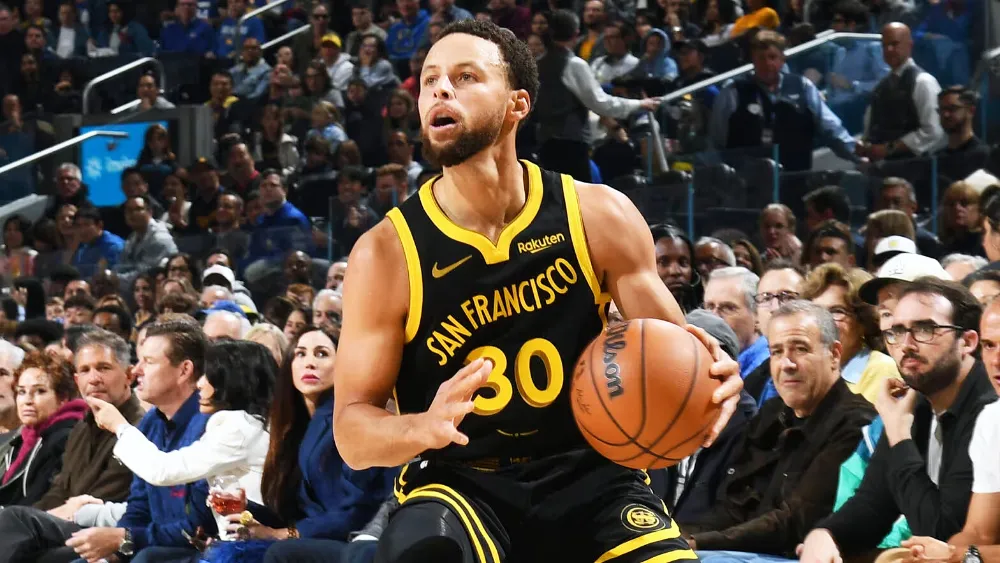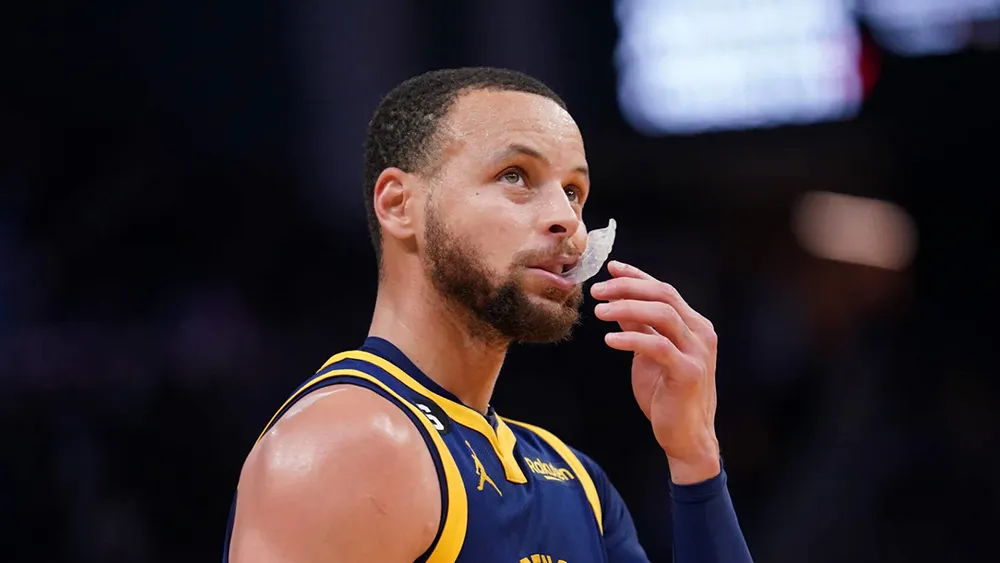Definition of a Top player 🗿❗

When we talk about a top player, we immediately think of someone who stands out, someone who dominates the competition and leaves a lasting impact. But what truly defines a top player? Is it their statistics, the games they win, or is it something more elusive, a quality that transcends traditional metrics?
The debate over what makes a player great has raged for decades, with experts, fans, and athletes themselves offering their opinions. But the definition of a top player isn’t as clear-cut as it might seem. In this article, we’ll explore the multi-layered aspects that contribute to a player’s greatness, uncovering the often hidden factors that separate the good from the legendary.

Is It Just About the Stats? The Numbers Behind the Title
At first glance, the answer seems obvious: statistics. In most sports, the performance metrics are the most tangible way to measure a player’s abilities. Points scored, assists made, games won, and records broken—these are the numbers that fill the headlines and make a player’s name synonymous with success. But here’s the catch: Can we really define a top player based solely on these numbers?
Take, for example, the case of a basketball player like LeBron James. He’s one of the most statistically dominant athletes in history, holding numerous records in points, rebounds, assists, and even minutes played. But does this make him the greatest of all time (GOAT)? Some argue that while his numbers are exceptional, Jordan’s legacy, defined by his championships, sets him apart.
Here’s where the mystery lies. A player can have the best stats in the world, but without the right context—the right leadership, the clutch performances in high-pressure situations, and the ability to elevate their teammates—what is that player’s true value?
Consider the case of Tim Duncan. While not always the flashiest player, Duncan’s ability to perform in the most crucial moments and his unmatched consistency made him a top player in a way that statistics alone cannot capture. His contribution to the San Antonio Spurs’ success wasn’t just through the numbers he posted, but through his poise under pressure, his basketball IQ, and his leadership on the court.
So, is the definition of a top player simply about having great stats? Or is there a hidden aspect that can’t be quantified? The answer might surprise you.
The Clutch Factor: Is It About Winning When It Matters Most?
Another crucial element that separates a top player from a good one is their ability to deliver when it matters the most. Clutch moments in sports are where legends are made. Every sport has those pivotal moments—game-winning shots, last-second saves, and come-from-behind victories—that define a player’s legacy.
Think about Stephen Curry’s clutch three-pointers in the playoffs. His ability to make shots that seem impossible under immense pressure is what separates him from other great players. It’s not just about how many points he scores during the game, but when and where those points come.
For football fans, Tom Brady’s name is synonymous with clutch moments. His seven Super Bowl victories weren’t just a result of his talent. They were the culmination of his ability to perform under the most intense pressure and to remain calm when everyone else was losing their cool. Brady’s success in the final minutes of a game is what made him one of the greatest quarterbacks of all time.
Clutch performances are often seen as the true test of a player’s greatness. Anyone can put up numbers during the regular season, but the truly great players are the ones who rise to the occasion when the stakes are highest. Is this the defining feature of a top player? If a player’s ability to shine in these high-pressure moments sets them apart, then perhaps clutch ability should be given more weight than stats alone.
Leadership and Intangibles: The Heart of a True Top Player
There’s another hidden factor that separates a top player from an average one, and it has nothing to do with statistics or even clutch performances. It’s the intangibles that make a player truly great. These are the qualities that can’t be measured but are felt by everyone around them—leadership, work ethic, and the ability to inspire others.
A player like Kobe Bryant, for example, is often celebrated not just for his scoring ability but for his unstoppable drive and his ability to push his teammates to their limits. His mamba mentality, an unrelenting pursuit of greatness, became synonymous with his legacy. It wasn’t just about making plays—it was about setting an example, creating a culture of excellence, and lifting the entire team’s performance.
LeBron James embodies a similar characteristic, but with a twist. While his raw talent and athleticism have made him one of the greatest players of all time, it’s his leadership off the court—his ability to bring teammates together and make them believe in his vision—that has earned him respect across the NBA. His leadership is often described as the key ingredient that helps teams win, not just his individual play on the court.

The impact of a top player’s leadership often extends beyond the playing field. It’s about being the pillar of a team—someone who rallies the squad, pushes everyone to be better, and creates a culture of success that permeates the entire organization. This is something that cannot be quantified in the traditional sense but is just as essential as any statistic.
The Unwritten Rules: What Truly Defines a Top Player?
So, what truly defines a top player? The answer isn’t simple, and it’s certainly not just about having the best stats. The essence of a top player is a combination of physical talent, mental fortitude, clutch ability, and leadership. It’s the ability to dominate when it counts, to carry a team through adversity, and to inspire others to elevate their game.
In the end, the definition of a top player is more than just the sum of their parts. It’s the X-factor that makes them stand out—something that fans can’t always explain, but everyone can feel when they see greatness in action. Whether it’s the ability to hit that impossible shot or the leadership that drives a team to victory, the top player is someone who transcends the game and leaves a legacy that lasts far beyond the scoreboard.







